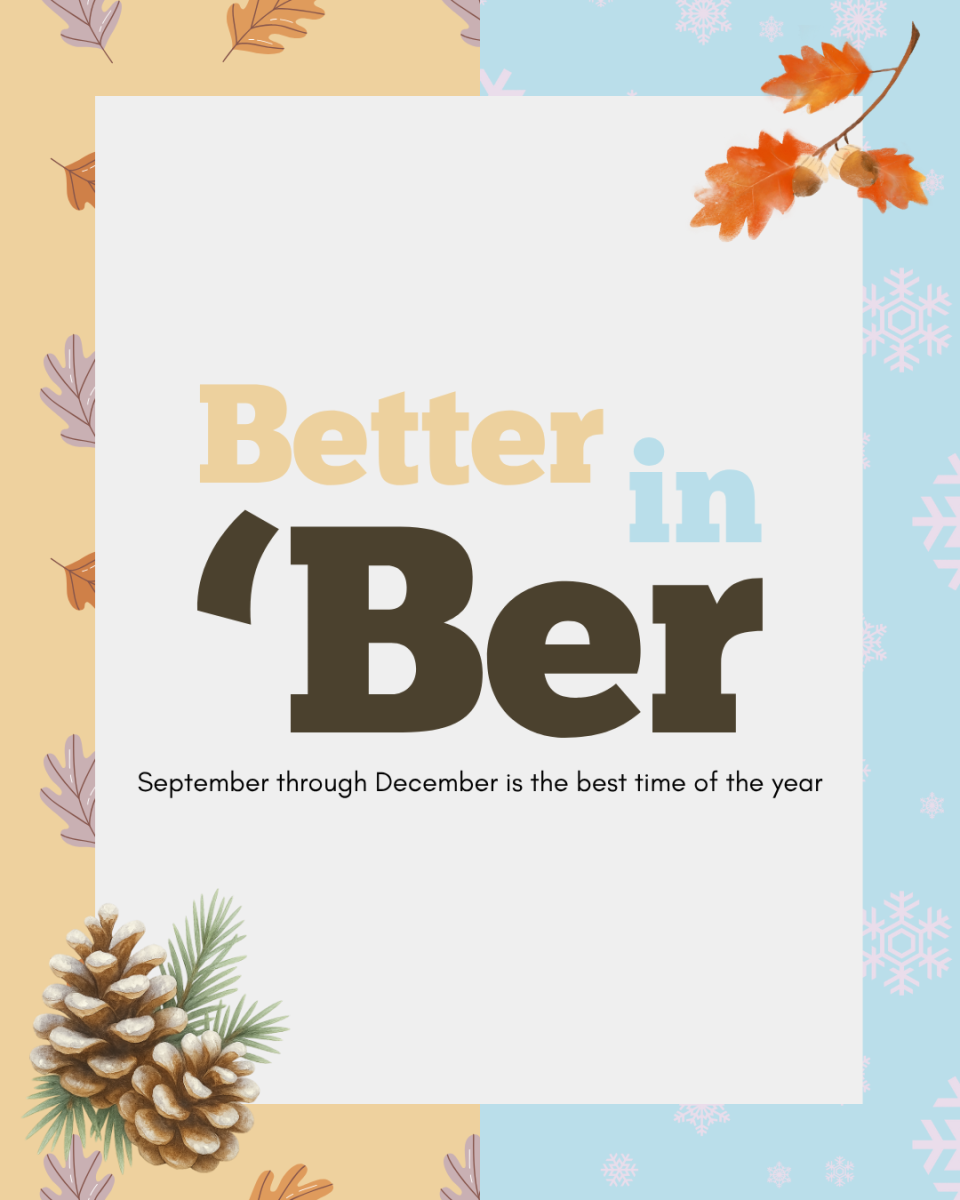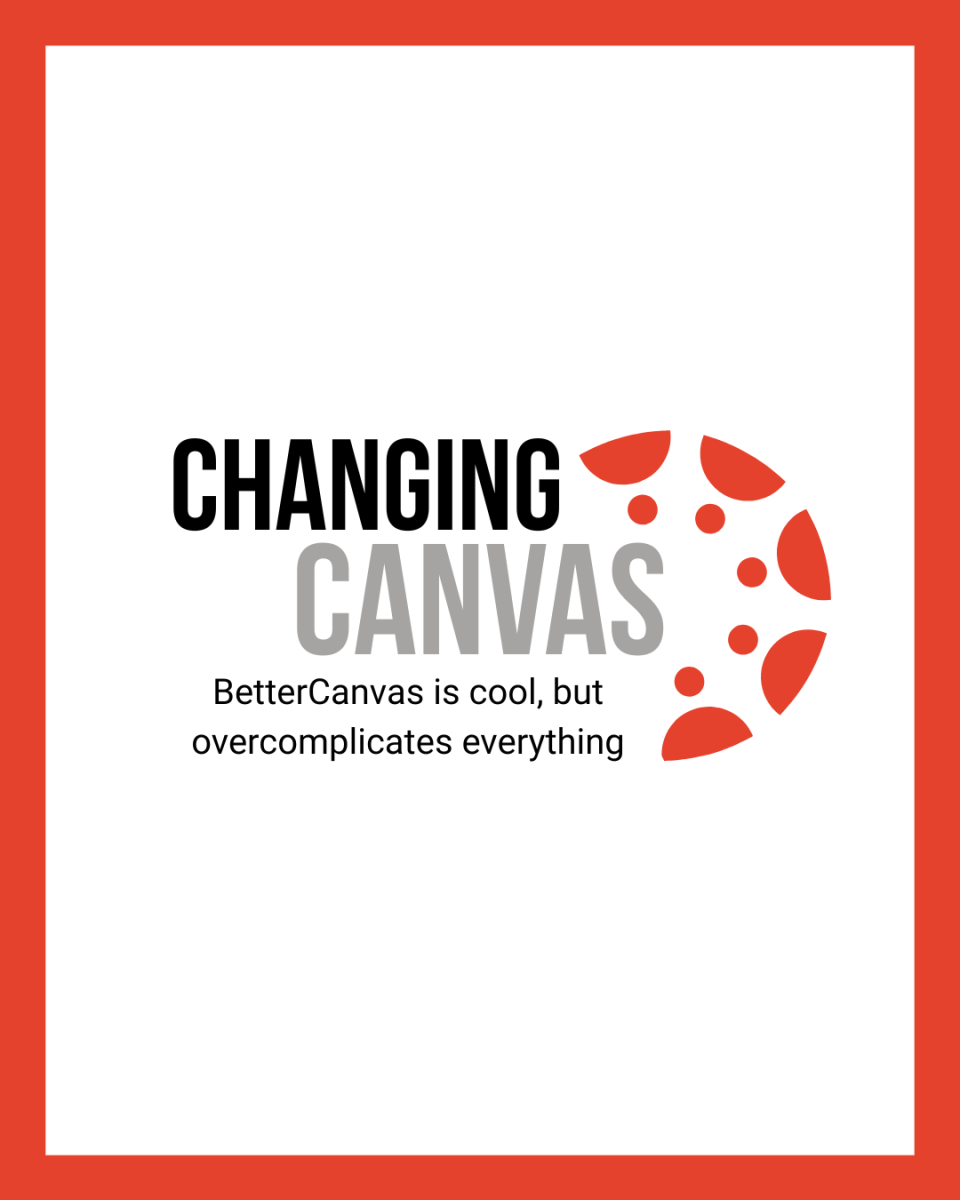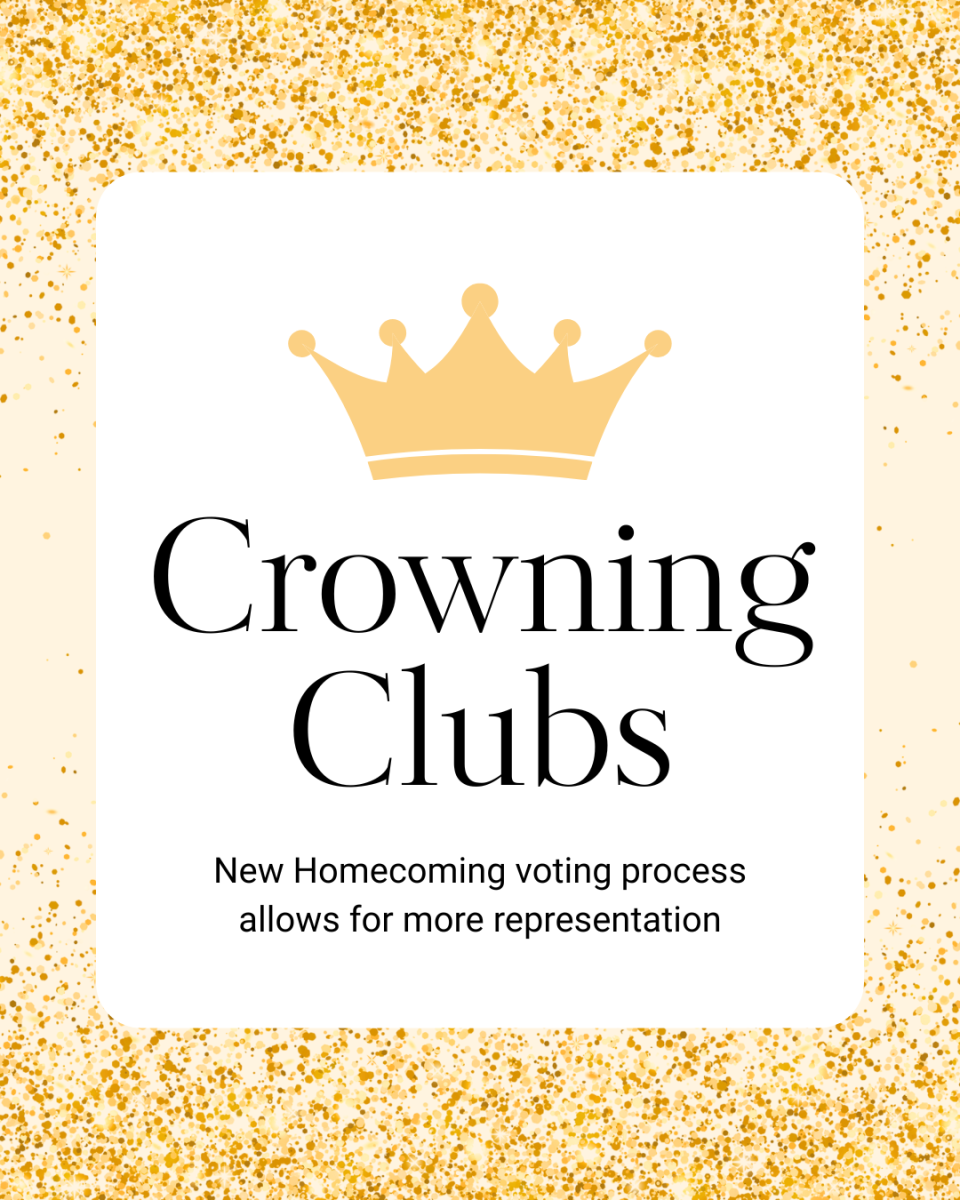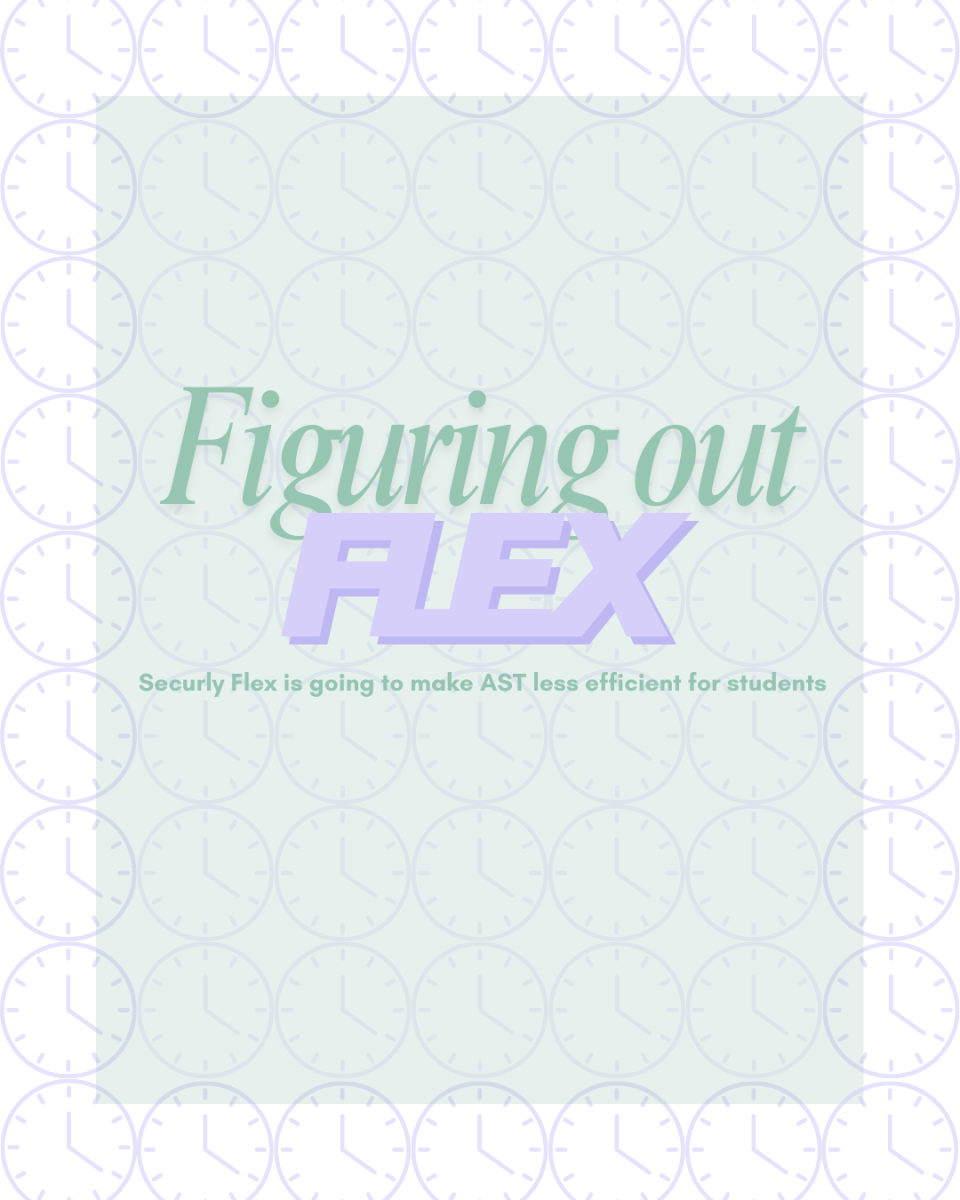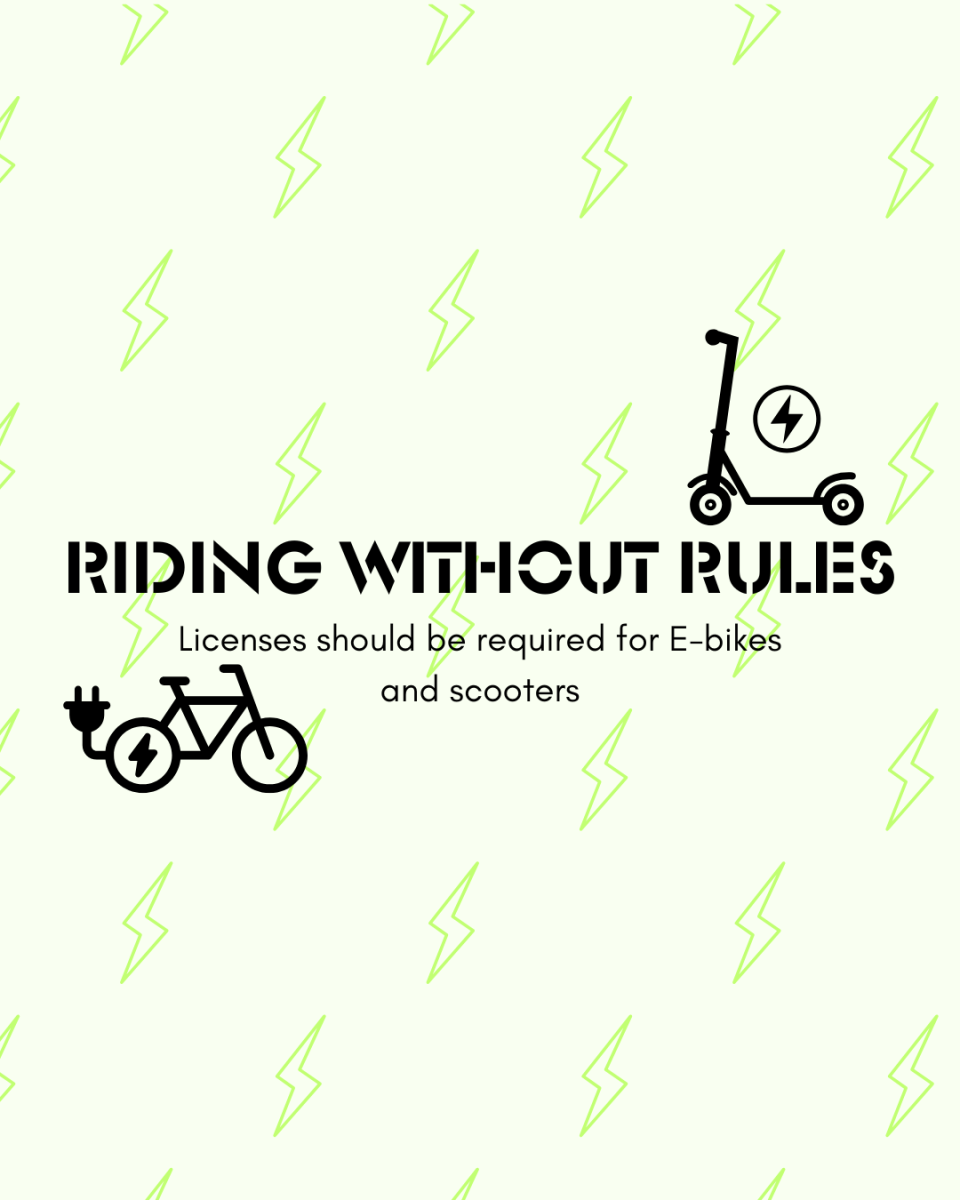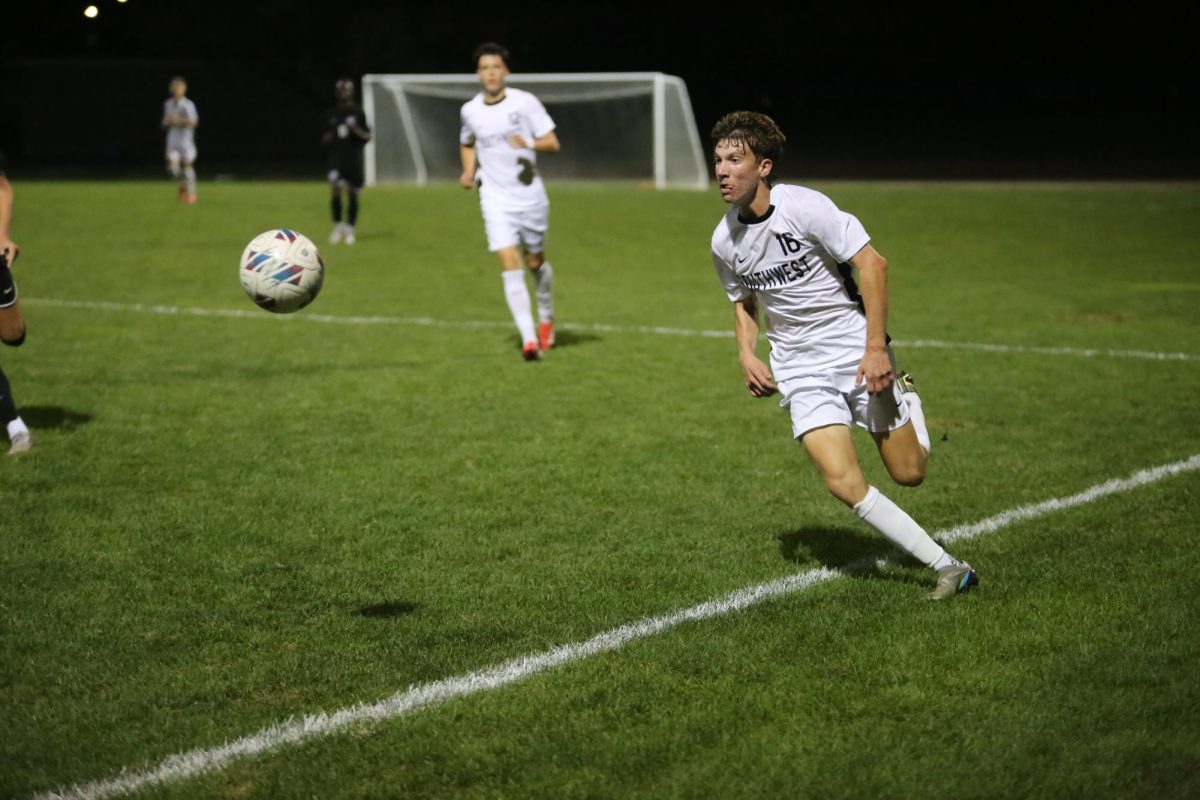Every day, I see other students bring a coffee or an energy drink to school in the mornings so they can “wake up.” This has become a lot more common in the past few years, especially among teens and young adults. Caffeine can help provide adrenaline so you can lock in and get more work done. It sharpens your focus and allows you to stay awake longer.
That being said, caffeine intake has gone up to a concerning amount in the past few years; according to the National Institute of Health, the average teen drinks at least one energy drink a day, every day. They have come to rely on caffeine too much to make up for sleep.
The recommended limit for caffeine for adults is 400 milligrams in a day. In a standard 12 ounce can, Alani has 200 milligrams of caffeine, Celsius also has 200 milligrams and RedBull has 114 milligrams. That means that you shouldn’t have more than two cans of most energy drinks in a day.
There’s a suggested limit on caffeine for a reason. Healthline says that too much at once can cause anxiety-like effects, and in the long run it can lead to chronic heart issues. Along with this, most sugarless energy drinks have artificial sweeteners that can lead to metabolic problems, according to the National Institute of Health.
I don’t think that energy drinks themself are the issue here; it’s consuming them in moderation. Not a lot of people drink caffeine responsibly, but that can be fixed. Most people drink energy drinks to fight tiredness that comes with a lack of sleep, and the solution should be to fix your sleep schedule. I understand many people have activities and homework that keeps them up until midnight or sometimes later. However, they should at least try to sleep earlier than midnight, avoid caffeine six hours before they sleep and not exceed the recommended limit.
Overall, energy drinks are not as great as they are marketed to be. Part of the reason people like energy drinks could be because they are popular to drink, and it might be assumed a bit of caffeine will drastically improve your performance. Caffeine in general is best in moderation, and it’s important to have a good sleep schedule as well before using caffeine as a remedy for missed sleep.


